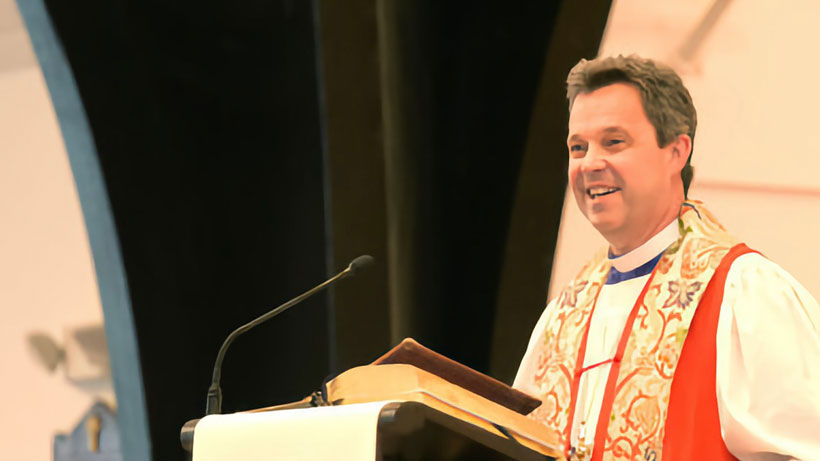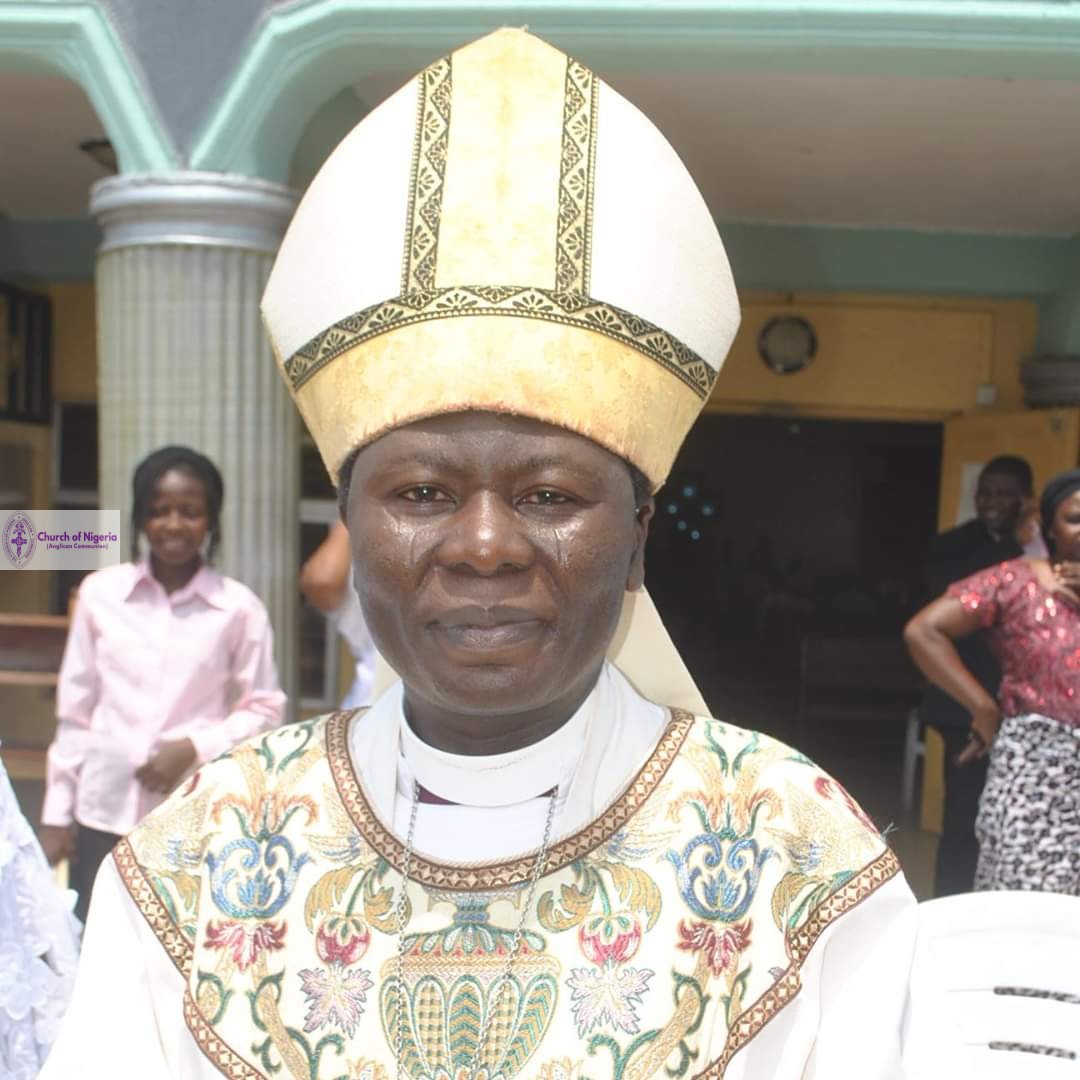Jesus The Good Shepherd
As in other Old Testament imageries and metaphors of God, Jesus Christ is the Supreme Shepherd. He has come to fulfil for the entire human race, all that David expected or received from God as his Shepherd for which he testifies confidently in Psalm 23. He said; “I am the good shepherd. The good shepherd lays down his life for the sheep…. I am the good shepherd; I know my sheep and my sheep know me—just as the Father knows me and I know the Father — and I lay down my life for the sheep” (Jn10: 11-15).
Furthermore, for the disciples to know that they were not the only flock Jesus added; “I have other sheep that are not of this sheep pen. I must bring them also. They too will listen to my voice, and there shall be one flock and one shepherd” (Jn 10:16). Therefore, no congregation can today claim monopoly of the LORD’s flock. Wherever people gather and worship Him in spirit and in truth, there His flocks are found.
Religious And Political Shepherds As God’s Ministers
God is the supreme Shepherd but under Him, religious and political leaders are raised by Him for the purpose of shepherding His people. The authorities that exist have been established by God” (Rom. 13:1). Therefore, both religious and political shepherds are appointed by God and are to lead according to God’s principles. The shepherd image is one of the few that applied exclusively to leaders, and not to members of the community as a whole. Therefore, it becomes a very important image for understanding what is distinctive about the role of leadership.
Religious Shepherds as God’s Ministers-
Religious shepherds are those who lead others in the worship of God. Although Jesus clearly described Himself in shepherd terminology in John 10, the shepherd metaphor became more prominent among the disciples after the ascension, when Jesus was no longer present to give personal leadership to His flock. Distinction must be made that, in as much as both religious and political shepherds are ministers of God to serve His flocks, the former are in a more sacred vocation than the latter, and should provide divine guidance for them and the entire people.
The shepherd is a servant, assigned the task of caring for God’s people; but the shepherd must remember that the flock belongs to God, not to him. He must, therefore, serve as one who shall be held accountable. The New Testament writers continue to describe Jesus as the Chief Shepherd, who provides the role model for all under-shepherds. (Heb. 13:20; 1Pet. 2:25; 5:4; Rev. 7:17).
Political Shepherds as God’s Ministers-
Political shepherds must realise that they are God’s stewards appointed by Him and responsible to Him. The constitutional responsibilities of political leaders reveal the relevance of Psalm 23 further. For instance, protection of lives and properties of the citizens is deeply embedded in the Psalm, and that is a key constitutional responsibility of political shepherds. Also, the wealth of nations is God’s gifts to the people, and is committed to political shepherds for even distribution among the populace. They are to ensure fairness and justice among the people without partiality. The shepherd image conveys ideas of tenderness, nurture, and devotion; but it also implies discipline (the rod and the staff), the setting of limits (protection against wolves), and the right to establish direction (leading to pasture). The position of the Bible is clear that “Everyone must submit himself to the governing authorities, for there is no authority except that which God has established. The authorities that exist have been established by God”(Rom. 13:1).
As stewards, political shepherds are required to be faithful in the discharge of their responsibilities towards God and man.
(Culled from THE OPENING ADDRESS by His Grace, The Most Revd. Nicholas D. Okoh, MA, Fss, Mss, LLD, DD.; Archbishop, Metropolitan and Primate Of All Nigeria to The Standing Committee of the Church Of Nigeria held in the Cathedral Church of St Andrew Warri from February 4 to 8, 2019)




